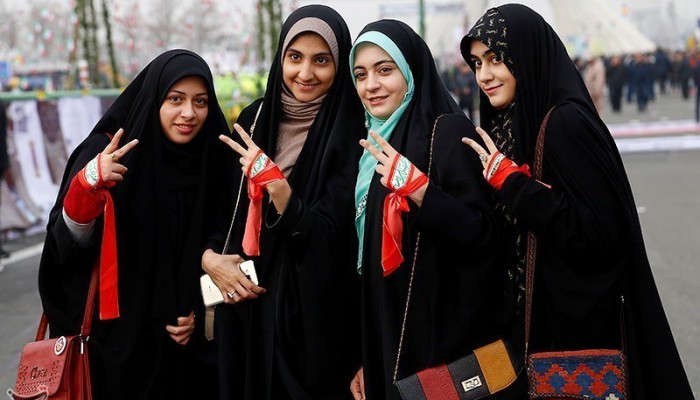DIASPORIC RELATIONS AND FEMINIST LEADERSHIP: THE QUESTION OF WOMEN’S RIGHTS INSIDE IRAN
This post forms part of our series in showcasing abstracts of presentations featured at our annual postgraduate interdisciplinary conference on refugee and forced migration research, hosted in October 2017 at The University of Melbourne.
Sanaz Nasirpour
This paper examines the ways in which migration and the diasporic context have alerted feminist leadership of Iranian feminist activists. This is informed by transformative feminist leadership (Antrobus, 2002; Batliwala, 2010; Batliwala and Friedman, 2014) as the model of leadership which is concerned with achieving gender justice.
Drawing on data from semi-structured interviews with two generations of Iranian feminist immigrants (in Australia, the United States, and Europe), who are forced to remain outside Iran, it considers the opportunities and challenges diasporic feminists face in contributing to the issues around women’s rights in Iran after the 1979 Revolution.
The findings of this study revealed that Iranian feminists have undergone a major transformation in their feminist ideologies, skills as well as their leadership practices at both individual and collaborative levels. I argue that inter-generational differences have led to some tensions in transformative feminist leadership in the context of Iranian diaspora.
Sanaz Nasirpour is a PhD candidate in the School of Social and Political Sciences, the University of Melbourne. Previously, she received her Master of Arts in International Relations in Iran in 2010. Her areas of research include gender studies, digital diaspora, transnational women’s organisations, feminism and women’s leadership.
